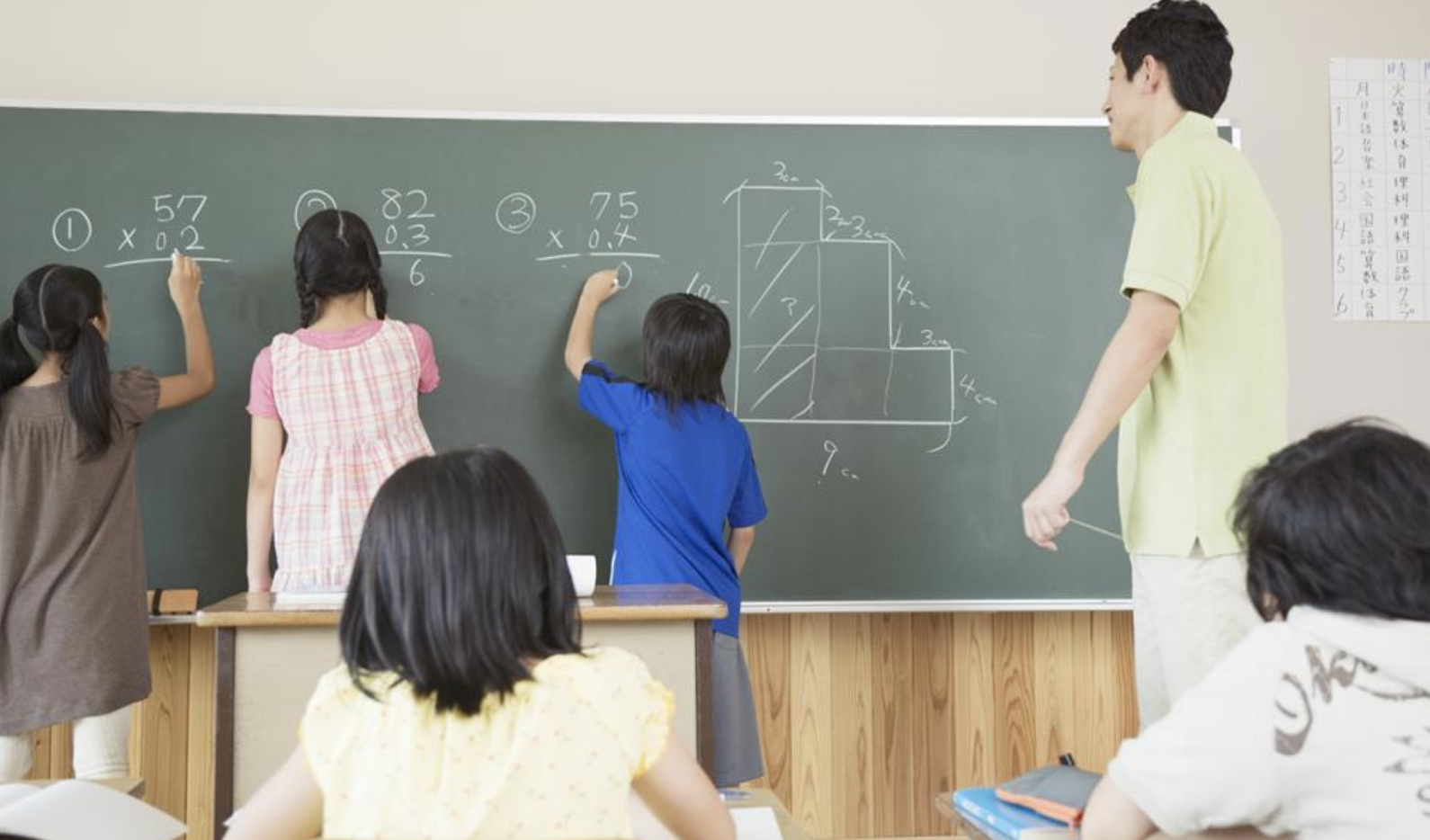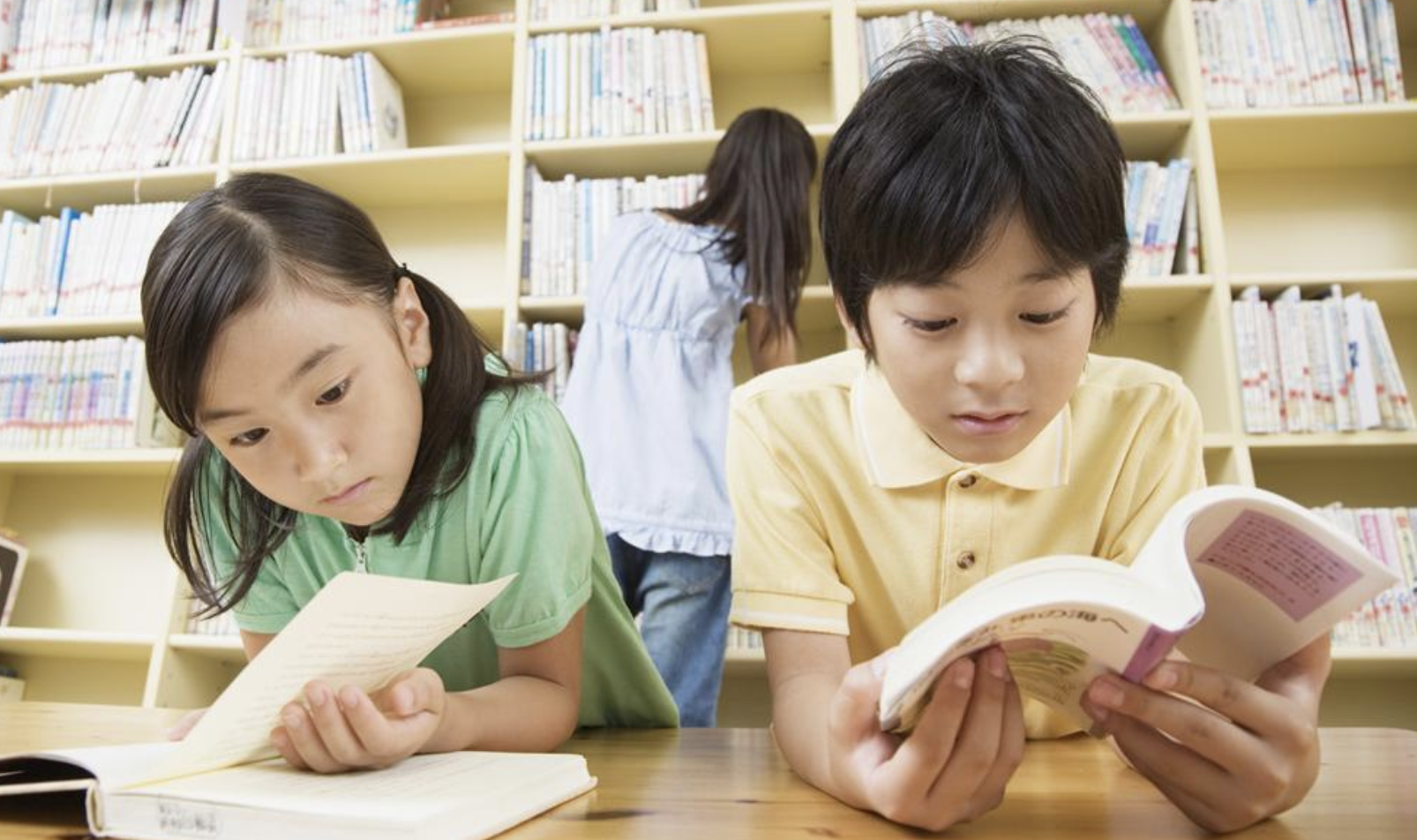
Singapore is always known for having an efficient math curriculum that many schools worldwide are trying to replicate. Children who undergo Singapore’s math curriculum often display great proficiency with the subject which they carry on throughout their life.
But, did you know that Singapore has developed a special olympiad to see how well students across the country fair using Singapore Math?
The Singapore Olympiad Math or the Singapore Mathematical Olympiad is a special mathematics competition that is founded by the Singapore Mathematical Society to see how well students are doing in math.
The competition is held every year and is open to pre-university students that meet the age requirements for a certain section.
Sections of the Singapore Olympiad Math
The competition is divided into three different sections to fit certain age groups and they are the following:
Junior Level
The Junior Level is open to lower Secondary students and focuses on topics like calculus, number theory, geometry, algebra and combinatorics. Trigonometry is not included in this level because it is not part of the curriculum.
The competition is divided into two rounds and participants are asked to answer 5 multiple-choice questions and 20 open-ended questions.
The second round involves a 6 question essay that they have to finish within 3 hours and show their formula.
Senior Level
The Senior Level is open to upper Secondary students who have to show their proficiency in subjects like number theory, algebra, trigonometry, probability and combinatorics.
It is divided into two rounds with the first round involving 5 multiple choice questions and 20 open-ended questions.
Only the top scorers from the first round are allowed in the second round where they have to answer 5 questions in 4 hours in an essay format. Each one of these five questions vary in difficulty.
Open Level
The Open Level is similar to the Senior level and is open to pre-university students. It has two rounds with the first round involving 25 open-ended questions that involve the same topics as that of the Senior level but much more difficult.
A special Open Invitational Round is also included in this category to determine the qualified Singaporeans and permanent residents who will represent the country in the International Mathematical Olympiad.
The round will ask 5 questions in 4 and a half hours before the second round ranks the top scorers.

Awards
Originally, at least 30 winners from the Junior and Senior Level of the Olympiad will be given prizes if they scored high in the first and second round. An additional 20 secondary schools will also be awarded based on their team score during the first round.
For the Open Level, the top 30 scorers will be awarded and 10 schools with the highest team score in the first round.
But, in 2012, changes were made to the number of schools that will get a reward from their team score. Only the top three scorers will be awarded based on their team’s scorers in both rounds of the competition.
The prizes include a cash prize, award certificates to each participant, and a trophy. Those who do not make it to the top 30 may be awarded honourable mentions depending on their score.
The Pros and Cons of Math Competitions like Singapore Maths Olympiads
The Singapore Olympiad Math and other math competitions does offer a great way to see how students are faring in the subject. But, there are some setbacks that students and competition organisers must take into account.
Here are the pros and cons of math competitions that everyone should be familiar with:
Pros
- The Olympiad offers students real life experiences in dealing with competitions. During the event, they will learn to work under pressure and be able to accept whatever result the competition will bring to them. We explained why it is important to help your child to accept their results graciously.
- The questions asked in the competition will allow students to think creatively on how they can answer the question. Competitions often use tricky questions that are not used in school to see how well students can answer these questions.
- Students get to practice different methods and techniques to answer these tricky questions. In class, students only get to use one or two formulas to answer a question. But in the Olympiad, they will be asked to answer open ended questions that will require participants to use several formulas and techniques to reach the right answer.
- Math competitions will help students realise how important problem-solving is in real life. Students will be able to handle any problems life throws at them and do them correctly. This is why critical thinking is important to develop in our children as early as possible.
Cons
- Competitions such as math olympiads are not designed perfectly, which makes it difficult for students to prepare for. Math contests also give the impression that math cannot be used outside the classroom because the theory is always the same. The result of this problem is that students would not realise the value of their problem-solving and analytical skills.
- These contests may also affect a child’s capability because the questions may be too difficult to analyse even with their current skills. Although it is okay to challenge kids every once in a while, too much focus on difficult questions may affect their self confidence the more they are pressured to answer them.
- Finally, math competitions can also cause students to burnout. Every time a student is asked to join these competitions, the more likely they lose interest in the subject. The pressure caused by these competitions on the student may also cause burnouts to happen and here is how to manage stress in your child.

Conclusion
If your child becomes a participant of the Singapore Olympiad Math, make sure that you do your best to support them without pressuring them too much. You can hire a math tutor for them or get them into a review class like these to help them brush up on their math skills.
Competitions are meant to help students see their progress and learn how to handle problems under pressure which will help them in the long run. But, always remember that these competitions must not be taken seriously because if you pressure them to always aim for the top prize, you may end up causing them to lose their love to the subject.
For more Math related articles, check these out:
Why is Singapore Math so Popular Overseas?
Fun Ways to Help Your Kid Love Primary 1 Maths
